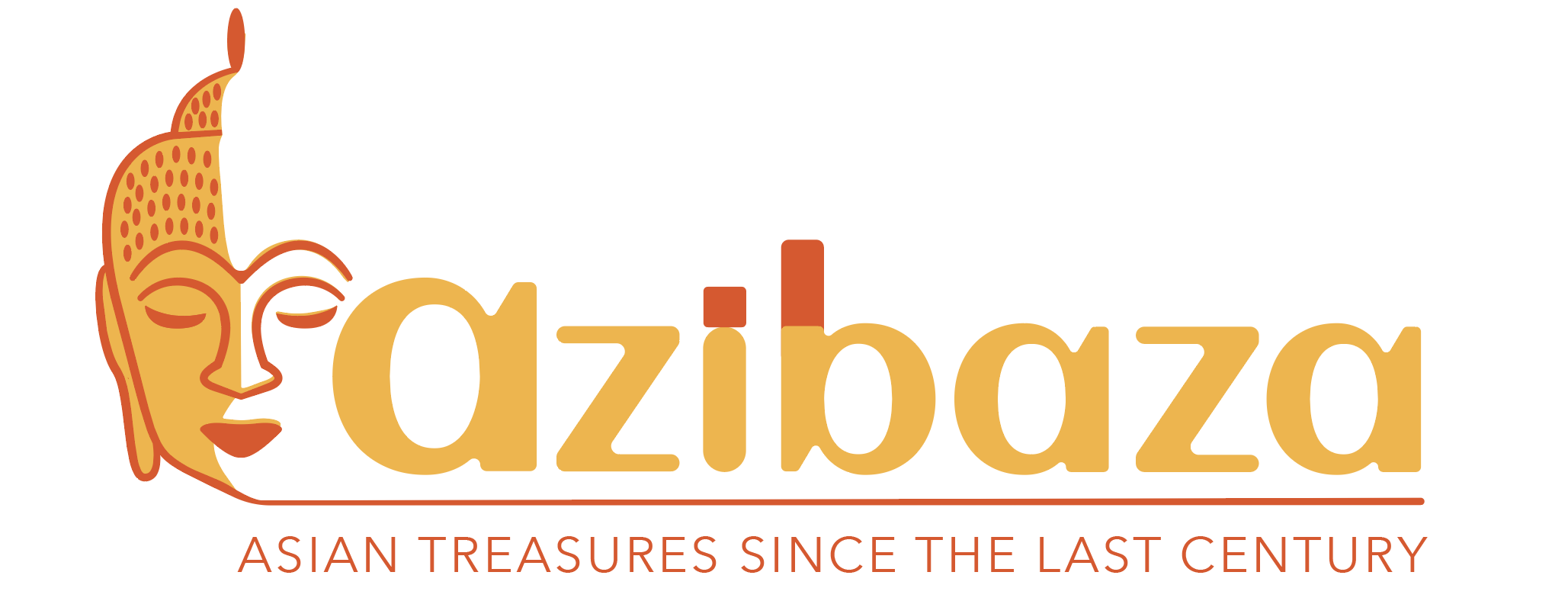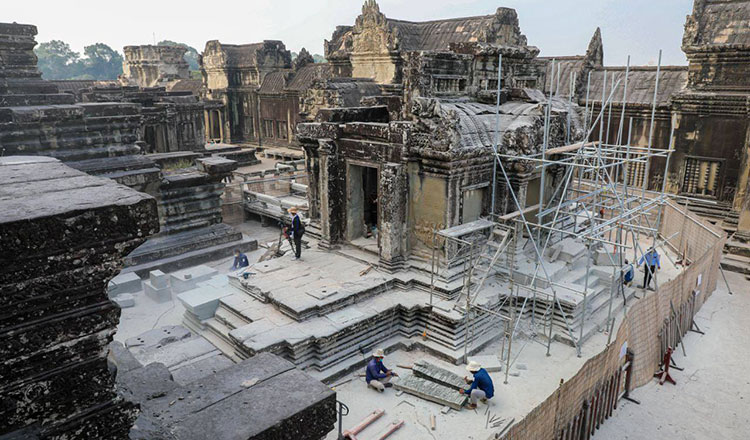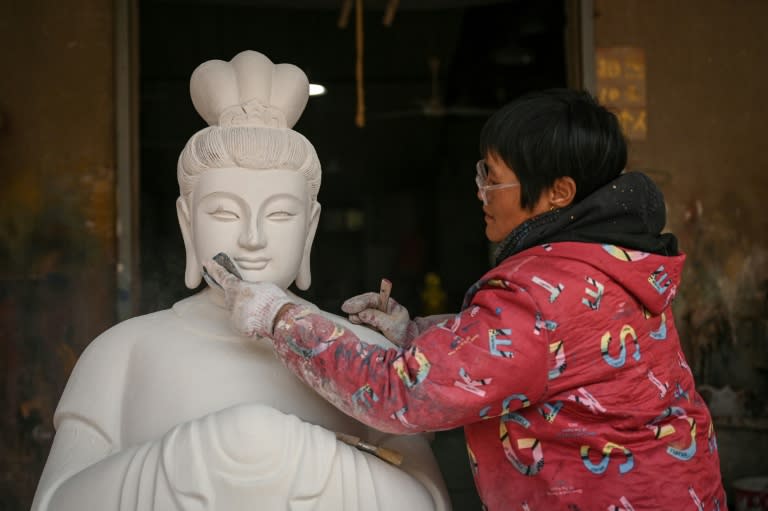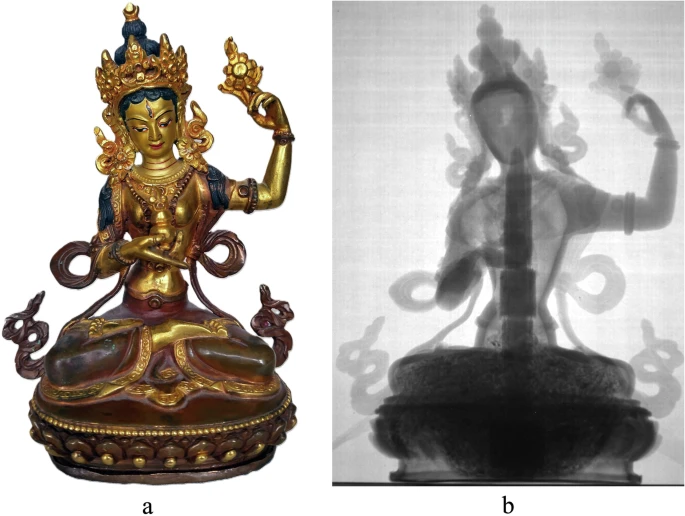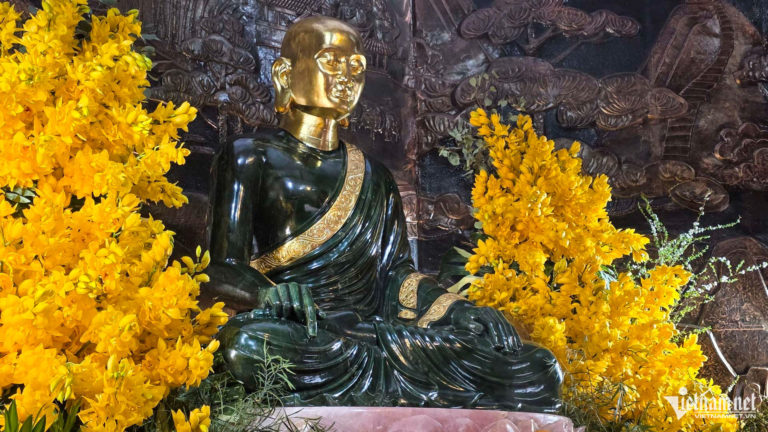Lhasa, the capital of Tibet and the heart of southwest China’s Xizang Autonomous Region, is bursting with colour and tradition as the annual Shoton Festival unfolds, coinciding with the 60th anniversary of the region’s establishment. Known as the “yogurt banquet,” Shoton is one of China’s earliest recognised intangible cultural heritage events, dating back to the 17th century.
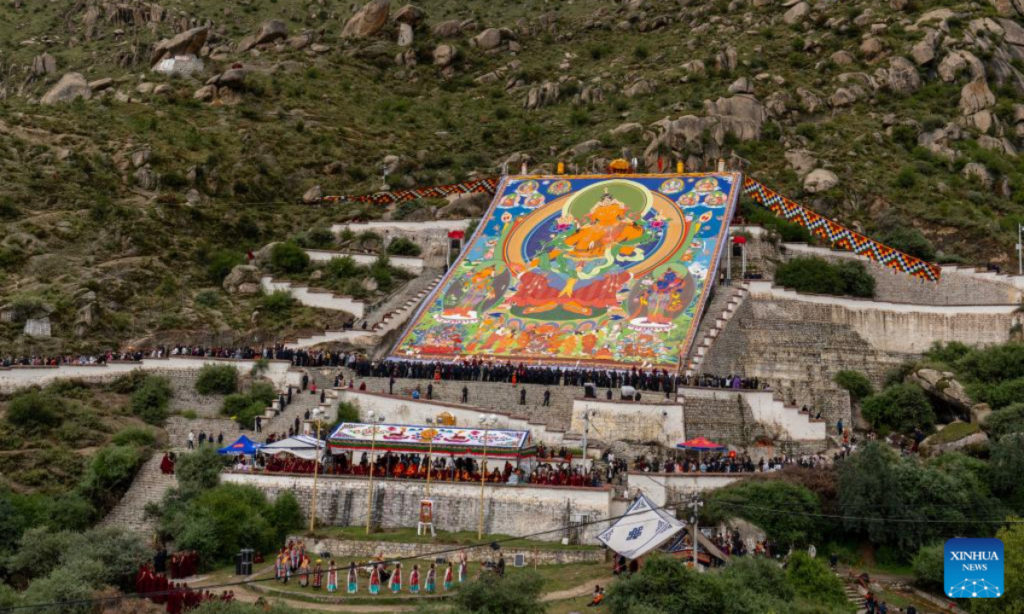
The festivities began on August 23 with the dramatic unveiling of giant thangka paintings at Drepung and Sera monasteries. These sacred scrolls, painted on silk or cotton with mineral pigments, were unfurled on hillside platforms, drawing crowds from across the region. Despite persistent rain and shoulder-to-shoulder crowds, the atmosphere remained orderly and reverent. Locals and monks distributed bread, milk tea, and water to visitors, adding warmth to the solemn occasion.
Throughout the week, Lhasa transforms into a vibrant stage for Tibetan Opera, horse racing, and regional exhibitions. Norbulingka park becomes an open-air theatre, where performers in hand-painted masks and vivid costumes sing and dance from morning to dusk. Families gather for “guolinka,” the tradition of picnicking in parks, sharing butter tea and barley wine while cheering on the performers.
For many, Shoton is deeply personal. Local resident Danzen Zhuoga described it as a time to wear traditional dress, relax with family in tents, and enjoy the cultural richness of the region. Unlike Losar, the Tibetan New Year, which focuses on family visits, Shoton is about communal joy and spiritual reflection.
Tourists, too, are swept up in the celebration. Wu, a visitor from Shanghai, described the thangka unveiling as “awe-inspiring,” and was moved by the unity and generosity of the local community.
According to researcher Ciren Yangzong, Shoton reflects the evolving spirit of Tibet’s people—preserving tradition while embracing modernity. As Lhasa continues to celebrate, the festival stands as a testament to cultural resilience, spiritual devotion, and shared happiness.
